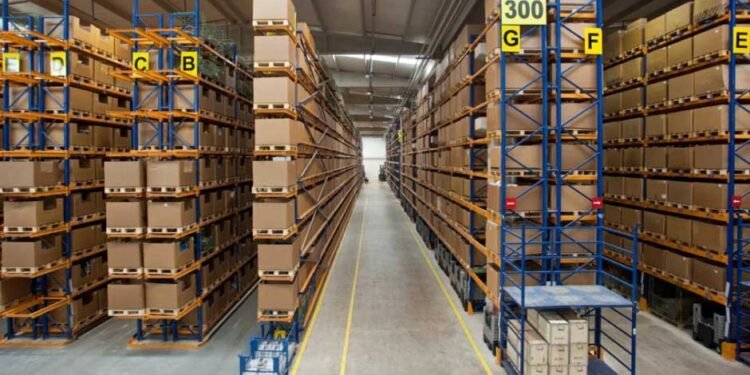If you were searching for self storage units online, you probably know that there are different types that you can choose from. This makes choosing the most appropriate option challenging. Beyond self-storage, there are other solutions available as well. Good thing there are factors and features that can help simplify the selection process.
What are the types of storage units available?
Indoor Storage
Indoor storage units are enclosed within a secure facility that may or may not be climate-controlled.
- Sizes can range from compact to large enough to hold the contents of an entire home.
- These units are best for everyday household storage, seasonal gear, and business inventory.
- The best indoor storage should provide the storage conditions you need. If you use it to store wooden furniture, for example, make sure it’s climate-controlled to prevent warping or mildew.
Climate-Control Storage
Some items need to be protected from the elements and damage caused by humidity and extreme temperature fluctuations.
- Climate-controlled storage units offer the protection those items need. They are kept at a stable temperature and may be built with an extra layer of protection from pests and dust.
- They’re perfect for storing artwork, books, documents, electronics, leather goods, and antiques.
Drive-Up Storage
This refers to ground-level units that work like a personal garage. You drive up to your rental and unload the items you want stored.
- Most drive-up storage units are spacious and designed to hold large, bulky items, but don’t always offer climate control.
- Aside from heavy items and equipment, they’re also suitable for people who need quick access to the storage facility.
What Features to Consider
With all those options available, one of the quickest ways to choose the best storage unit is to identify the features that matter to you.
Pricing and Contracts
- Consider whether you prefer a flat rate or a variable rate in renting a storage unit. Make sure to get quotes from at least three different facilities and compare them to help you make a better decision.
- Check if the contract suits your budget and storage needs. You may only need a storage for less than 6 months, but the contract requires you to rent for at least half the year to be eligible to rent.
- Make sure to read the fine print, especially in terms of contract termination or upgrading to a different unit.
Security and Safety
When renting a storage unit, you want to do so with peace of mind, knowing that all the items stored within are protected against the elements, theft, and the like. After all, it’s one of the benefits of using a storage facility for your belongings.
- Whether indoor or drive-up storage, make sure a storage facility guarantees security and CCTV coverage.
- A facility should provide solutions to deter theft and protect against damage. 24/7 monitoring and operation are a huge bonus.
- It should be armed with an alarm system that will promptly alert and respond to any unusual and malicious activities.
Insurance Options
Anything can happen to a storage facility or the items stored within.
- Check if a facility has insurance and what it covers. Does it protect against damage, theft, or natural disasters?
- See if the insurance covers all your belongings fully, adequately, or partially. In case of damage, for example, you would naturally want to be appropriately compensated.
In addition to the factors above, you also need to consider a storage facility’s load capacity, lighting and ventilation, and accessibility. For your peace of mind, check out Bangkok Self Storage, a facility known for its convenient access and complete security.












